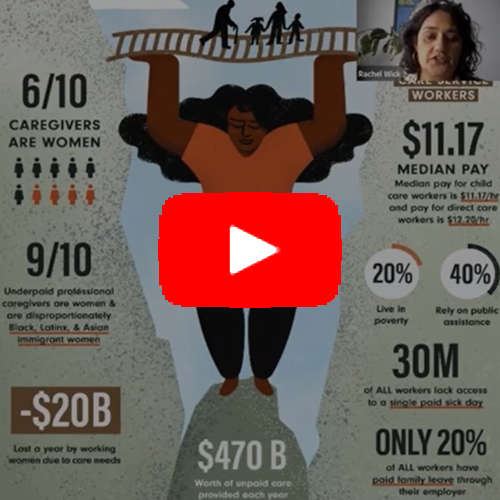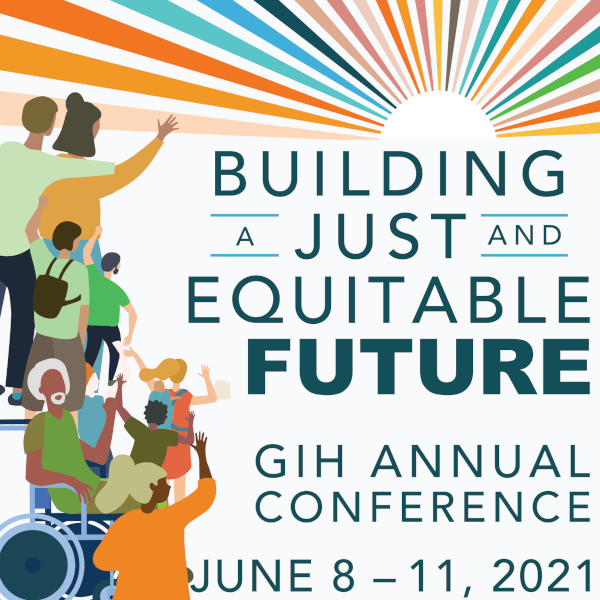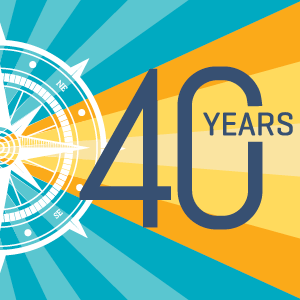2021 Annual Conference Quick Take: Measuring What Matters to Older Adults
This Quick Take will share and highlight key pillars for successful food system transformation using values-based procurement; stories of leadership, innovation, and perseverance; recommended actions and investments needed to accelerate change at the scale and pace we need; and a vision for movement building, policy, and action to transform our food system over the next ten years.



